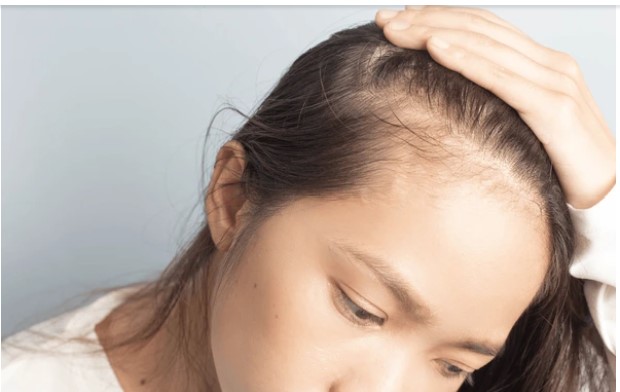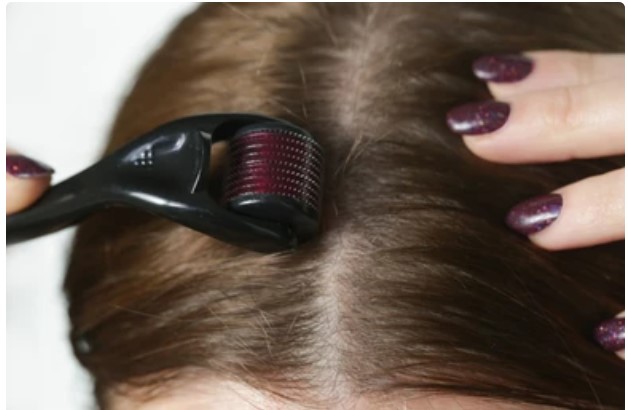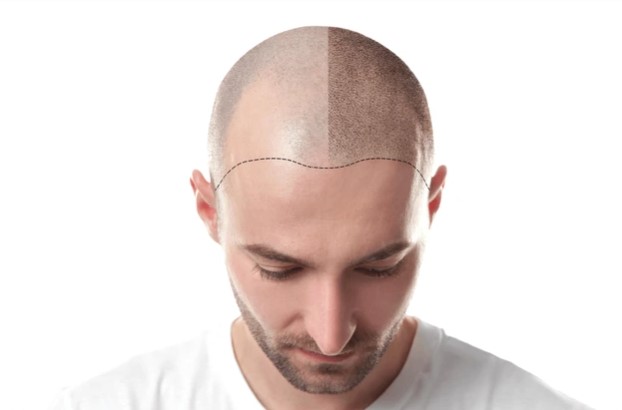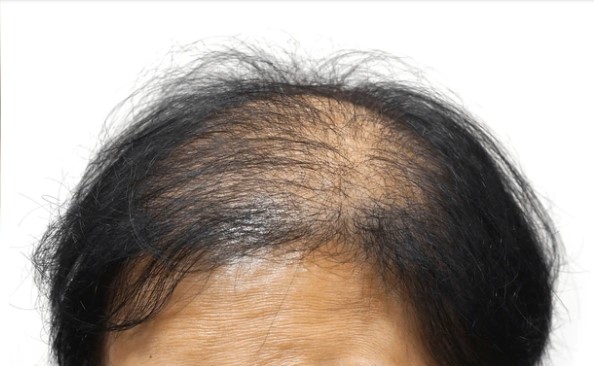Exciting news in the world of alopecia research! The recent FDA approvals of JAK inhibitors like Baricitinib (Olumiant) and Ritlecitinib (LITFULO) have ushered in a new era of innovative therapies for hair loss. Researchers are exploring cutting-edge methods such as Microneedle Patch Therapy, which involves dissolving needles on the scalp to deliver immune-regulating molecules and potentially promote hair regrowth. With these advancements, individuals struggling with alopecia may soon have more effective treatment options to look forward to.
Table of Contents
ToggleCan JAK Inhibitors Like Baricitinib (Olumiant) Help Treat Alopecia?
Have you been struggling with hair loss due to alopecia and are wondering if JAK inhibitors like Baricitinib could be the answer to promoting hair regrowth? You’re in the right place! Let’s explore how these innovative therapies are revolutionizing the treatment of alopecia.
Understanding Alopecia and Its Impact on Hair Loss
Alopecia is a condition that causes hair loss, which can have a significant impact on a person’s self-esteem and quality of life. It can manifest in various forms, such as alopecia areata, alopecia totalis, or alopecia universalis. Understanding the underlying causes of alopecia is crucial in developing effective treatment strategies.

This image is property of images.pexels.com.
The Role of JAK Inhibitors in Treating Alopecia
JAK inhibitors, such as Baricitinib (Olumiant) and Ritlecitinib (LITFULO), have shown promising results in treating alopecia. These medications work by suppressing the immune response that targets hair follicles, leading to hair loss. By inhibiting the Janus kinase (JAK) pathway, these inhibitors help regulate the immune system and promote hair regrowth in individuals with alopecia.
The Role of JAK Inhibitors in Treating Alopecia
JAK inhibitors, such as Baricitinib (Olumiant) and Ritlecitinib (LITFULO), have shown promising results in treating alopecia. These medications work by suppressing the immune response that targets hair follicles, leading to hair loss. By inhibiting the Janus kinase (JAK) pathway, these inhibitors help regulate the immune system and promote hair regrowth in individuals with alopecia.
Microneedle Patch Therapy: A Novel Approach to Alopecia Treatment
One of the innovative approaches being explored in alopecia treatment is Microneedle Patch Therapy. This method involves using a patch that contains tiny needles that dissolve into the scalp, delivering immune-regulating molecules directly to the affected area. By retraining the T cells not to attack the hair follicles, this therapy aims to promote hair regrowth and potentially reverse the effects of alopecia.

This image is property of images.pexels.com.
Combining JAK Inhibitors with Microneedle Patch Therapy for Enhanced Results
Researchers are investigating the potential benefits of combining JAK Inhibitors like Baricitinib with Microneedle Patch Therapy to maximize hair regrowth in individuals with alopecia. The synergistic effects of these treatments could provide a comprehensive approach to addressing the underlying immune response and promoting long-term hair regrowth.

FDA Approvals and the Future of Alopecia Therapies
With the recent FDA approvals of JAK inhibitors like Baricitinib (Olumiant) and Ritlecitinib (LITFULO), there is newfound hope for individuals struggling with alopecia. These breakthrough medications have paved the way for more innovative and effective therapies that target the underlying mechanisms of hair loss. The future of alopecia treatments looks promising, with a focus on personalized and targeted approaches to restore hair growth in individuals with alopecia.

This image is property of images.pexels.com.
Conclusion
In conclusion, JAK inhibitors like Baricitinib (Olumiant) offer a new frontier in the treatment of alopecia, providing hope for individuals looking to regain their confidence and self-esteem. With the combination of innovative therapies like Microneedle Patch Therapy, the future of alopecia treatments is bright. By understanding the role of JAK inhibitors and exploring new approaches to hair regrowth, individuals with alopecia can look forward to promising outcomes and a renewed sense of confidence.


